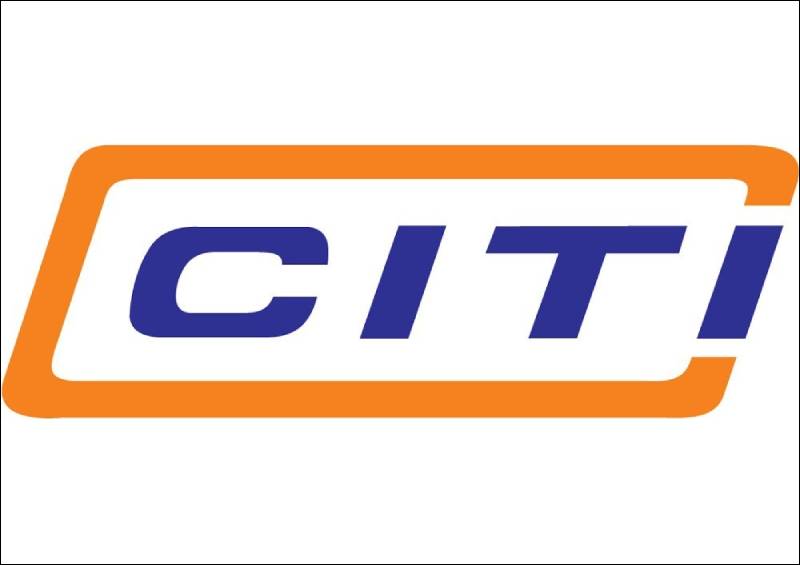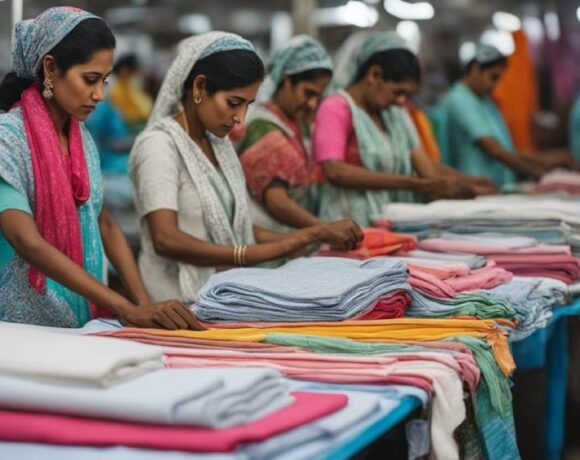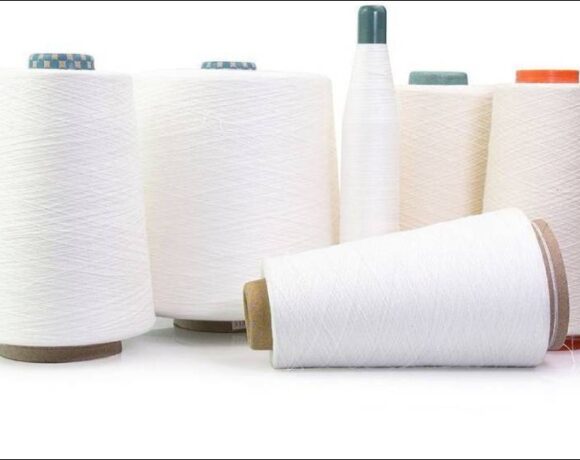CITI Welcomes 27.6% Hike In Textile Sector Budget Allocation

Confederation of Indian Textile Industry (CITI) welcomed the budget allocation for textiles which has increased by 27.6 percent, largely due to the allocation of Rs 600 crore for Cotton Corporation of India (CCI) towards cotton MSP operations.
CITI Chairman Rakesh Mehra expressed hope that the cotton procurement will be as per revamped policies recommended by user industry associations to ensure price stability and discourage speculative trading.
CITI has recommended commencing selling the cotton from February or March depending upon the arrival pattern, while retaining the MSP procured cotton as a buffer stock.
It also recommended that CCI release the cotton whenever the Indian cotton price exceeds the international price, extending a uniform fee period of 60 days for all the actual users.
Mehra also appreciated the increased allocations towards PM MITRA and National Technical Textile Mission (NTTM) and research & capacity building, while highlighting the government’s stress on the investment.
“However, the slow uptake of PLI and an absence of alternatives to the TUFS scheme is impacting investment in the sector. The industry has also been requesting for closure of the pending TUFS cases at earliest,” he added.
Mehra said CITI was happy to note the extension in the RoSCTL scheme for two years, which will benefit the garment industry.
“However, in the present budget, the allocation for RoSCTL and RoDTEP has been increased by 10 percent and 5.8 percent, respectively, which is modest,” CITI Chairman Rakesh Mehra noted
“The industry is trying to enhance export performance and expects better allocations for trade promotion in the full budget to be announced after the elections,” he added.
Mehra expressed his happiness towards the focus on stimulating domestic consumption which may drive economic expansion and can be good for all manufacturing segments, including textiles, which are facing demand slump.
The commitment to maintaining a fiscal deficit of 5.1 percent and ensuring fiscal discipline while supporting economic growth is poised to help in this.
“While in the present budget, the Government has not made any changes in the existing BCD and indirect taxes, we are extremely sure that it will consider the demand to remove the import duty on cotton and cotton waste imports,” Mehra stated.
CITI also expects the government to increase the BCD on MMF yarn from present 5 percent to 10 percent to curb cheaper imports and reduce blockage of working capital in the full budget.
Mehra also applauded the focus on empowering MSMEs for growth and increasing global competitiveness; energy security and commitment to meet net zero emissions by 2070.















